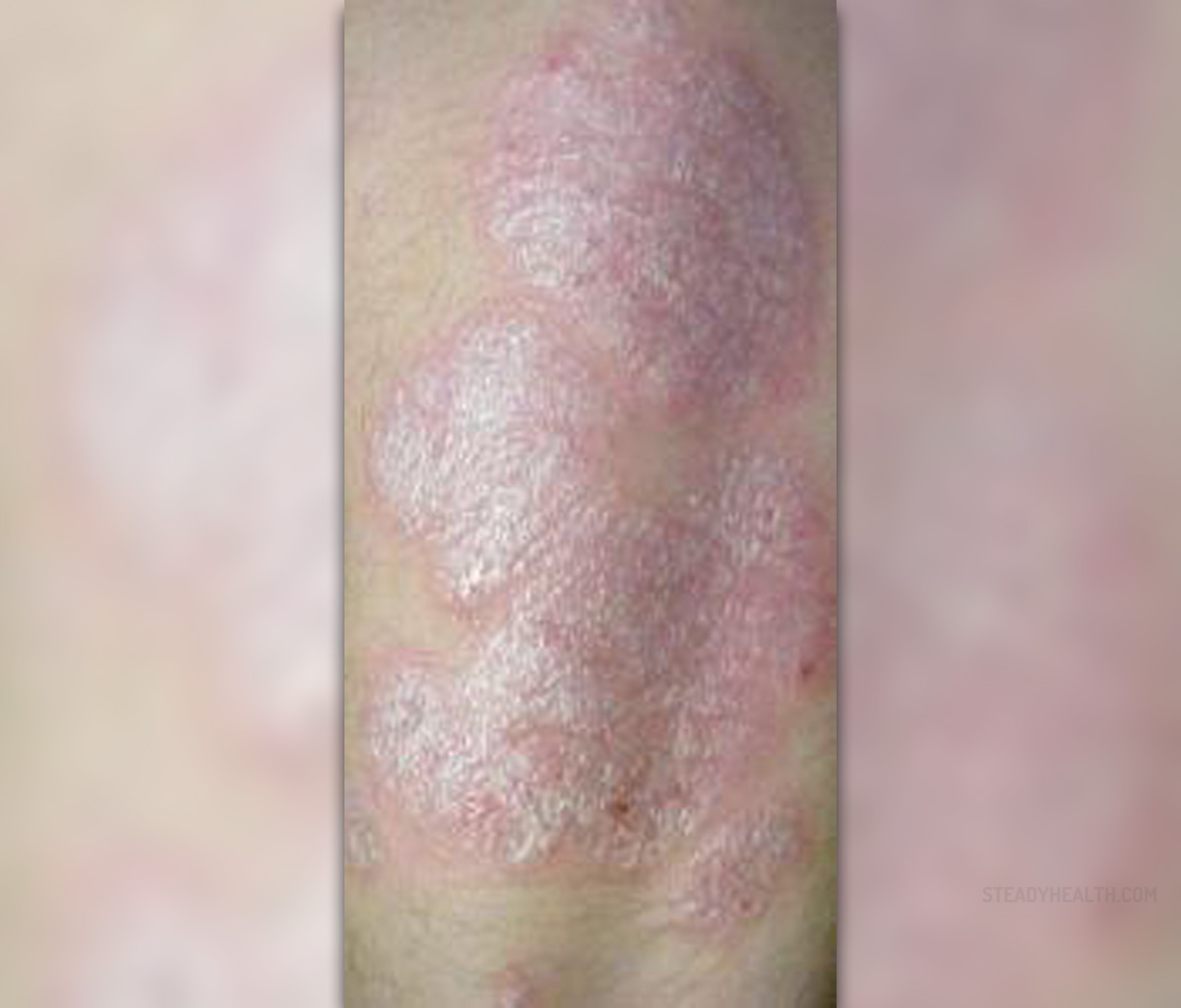
What is Plaque Psoriasis?Plaque psoriasis is the most common form of psoriasis. Psoriasis is an autoimmune chronic disease of the skin and joints characterized by scaly skin patches known as psoriatic plaques. Typical symptoms of plaque psoriasis are red patches of skin covered with silvery scales. The plaques itch and are painful. The skin of the elbows and knees are most commonly affected areas although scalp and genitals can be affected too. Severity of the condition can vary from patient to patient. Patches of plaques can be localized or may cover the entire body. Nails can be also affected by the disease. It manifests in thickened, pitted or ridged nails. Psoriatic arthritis featured by inflammation of the joints can be also a symptom of plaque psoriasis. Symptoms of this skin disease usually go into remission for certain period of time followed by flare-up that can last for weeks or months. The cause of plaque psoriasis is still unknown but it is believed that heredity factor contributes to development of the condition. Factors like stress, heavy alcohol drinking, smoking, certain infections and injury to the skin can trigger outbreak of plaque psoriasis.
Treatment for Plaque Psoriasis
There are different treatment options for plaque psoriasis. However, plaque psoriasis cannot be cured but treatment aims to relieve the symptoms of the disease and prevent further outbreaks. Plaque psoriasis of mild to moderate form can be treated with topical medications. On the other hand, severe plaque psoriasis is treated with oral medications in combination with creams and ointments. Oral retinoids such as generic Soriatane is used for treatment of severe form of the disease.
Soriatane OverviewSoriatane is an oral pill used in treatment of severe plaque psoriasis in adults, when the disease does not respond to other forms of treatment. It is the only oral retinoid approved by the FDA for treatment of psoriasis. Soriatane is also known as Acitretin. Soriatane is derived from vitamin A (retinoic acid). It belongs to a class of drugs known as retinoids. Soriatane acts by re-establishing normal growth of skin cells. It reduces inflammation of the skin and affected skin gradually peels off and clears. Improvement usually shows about two weeks after beginning of the treatment. Unlike other anti-psoriasis medications, Soriatane does not cause damage to cells and does not act as an immuno-suppressant. However, Soriatane is associated with side effects such as hair loss, itching, dry skin, dry mouth, headaches and bleeding gums. Soriatane must not be used in pregnancy because it may cause birth defects and increase the risk of a miscarriage. This drug also should not be used by people who are suffering from severe liver or kidney disease. People who are intolerant to retinoids or have high triglyceride levels must avoid Soriatane.


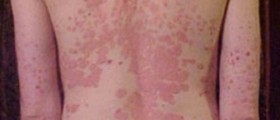
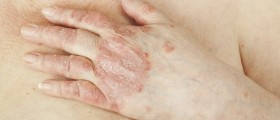


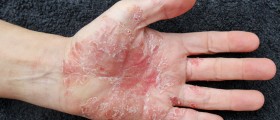

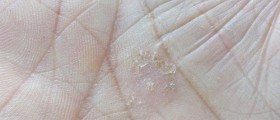
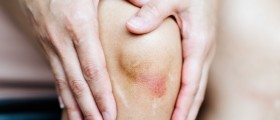


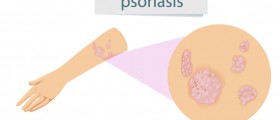




Your thoughts on this
Loading...